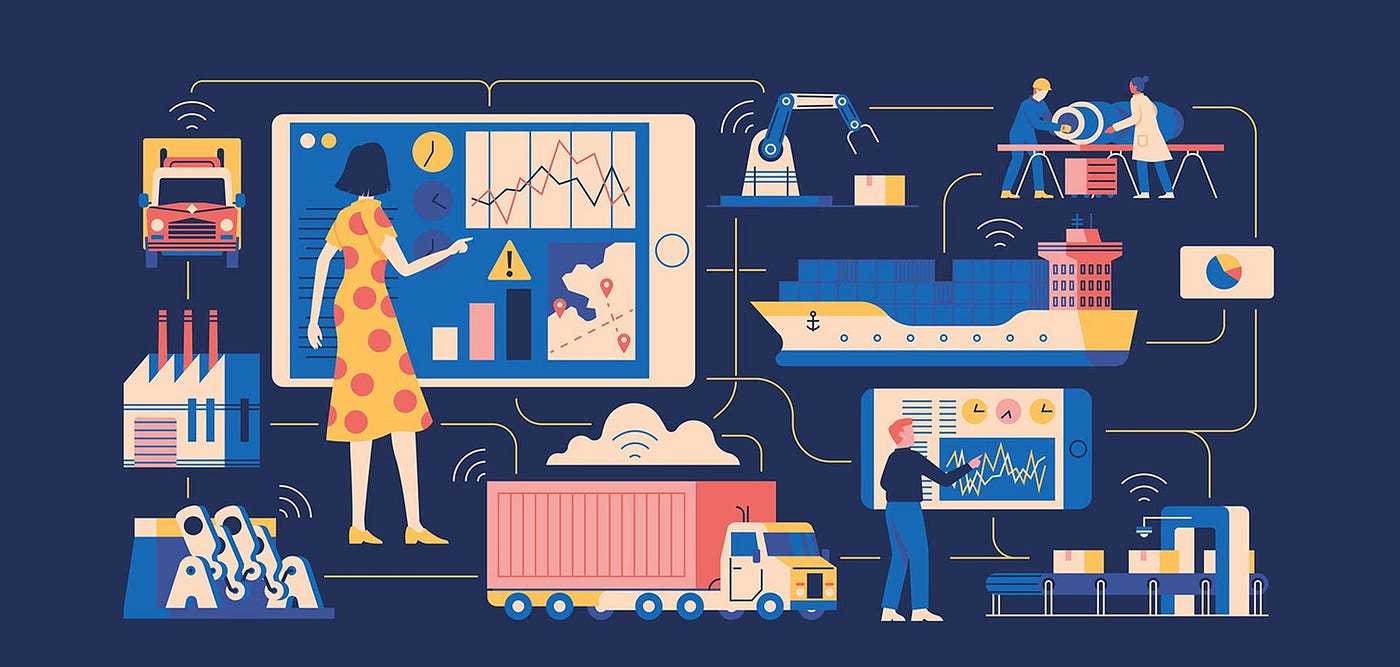
The evolution of job types has been influenced by various factors, including technological advancements, changes in labor markets, shifting demographics, and evolving societal values. This evolution has led to the emergence of modern job types that differ significantly from traditional roles in terms of skill requirements, work arrangements, and career paths. Here’s an overview of how job types have evolved from traditional to modern:
Specialization and Professionalization: In the past, many jobs were characterized by broad skill sets and generalist roles. However, as industries became more complex and specialized, there was a shift towards jobs that required specific expertise and qualifications. This led to the professionalization of various fields, such as law, medicine, engineering, and accounting, with professionals obtaining specialized education and certifications to practice in their respective fields.
Industrialization and the Rise of Manufacturing Jobs: The Industrial Revolution brought about significant changes in job types, with the rise of manufacturing and factory-based production. Traditional manufacturing jobs involved manual labor and repetitive tasks on assembly lines. However, as automation and technology advanced, many of these roles evolved to require more technical skills, such as operating machinery, troubleshooting equipment, and managing production processes.
Service Economy and the Growth of Service Sector Jobs: With the shift towards a service-based economy, there has been a significant increase in service sector jobs in industries such as healthcare, education, finance, retail, and hospitality. These modern service sector jobs often involve providing intangible services rather than producing tangible goods. Examples include healthcare professionals, educators, financial advisors, customer service representatives, and sales associates.
Information Age and the Rise of Knowledge Workers: The advent of the Information Age brought about the rise of knowledge-based jobs that involve working with information, data, and technology. Knowledge workers typically rely on cognitive skills, creativity, and problem-solving abilities to perform their roles. Examples include software developers, data analysts, researchers, consultants, and digital marketers. These modern job types often require advanced education, technical skills, and digital literacy.
Gig Economy and the Growth of Freelance and Independent Work: The gig economy has transformed the way people work, with an increasing number of individuals opting for freelance, contract, or independent work arrangements. This shift has led to the emergence of modern job types such as freelancers, independent contractors, gig workers, and solopreneurs. These workers often have greater flexibility and autonomy in their work schedules and projects but may also face challenges such as income instability and lack of benefits.
Remote Work and Telecommuting: Advances in technology and communication have enabled more jobs to be performed remotely or from a distance. Remote work arrangements have become increasingly common in modern job types, allowing workers to telecommute, work from home, or collaborate with colleagues across geographic locations. Remote work offers benefits such as flexibility, reduced commuting stress, and access to a global talent pool.
Hybrid and Flexible Work Models: Many modern job types offer hybrid or flexible work models that combine elements of traditional office-based work with remote or flexible arrangements. This allows employees to balance the benefits of in-person collaboration and networking with the flexibility of remote work. Hybrid work models have become particularly prevalent in industries such as technology, finance, and professional services.
Emphasis on Soft Skills and Emotional Intelligence: In addition to technical skills and qualifications, modern job types often require strong soft skills and emotional intelligence. Employers value qualities such as communication skills, teamwork, adaptability, problem-solving, and resilience in employees. These skills are increasingly seen as essential for success in dynamic and fast-paced work environments.
Overall, the evolution of job types from traditional to modern reflects broader societal and economic changes, as well as advancements in technology and organizational practices. Modern job types are characterized by greater specialization, reliance on knowledge and information, flexibility in work arrangements, and emphasis on soft skills and emotional intelligence. As the nature of work continues to evolve, new job types will likely emerge to meet the needs of the changing labor market.